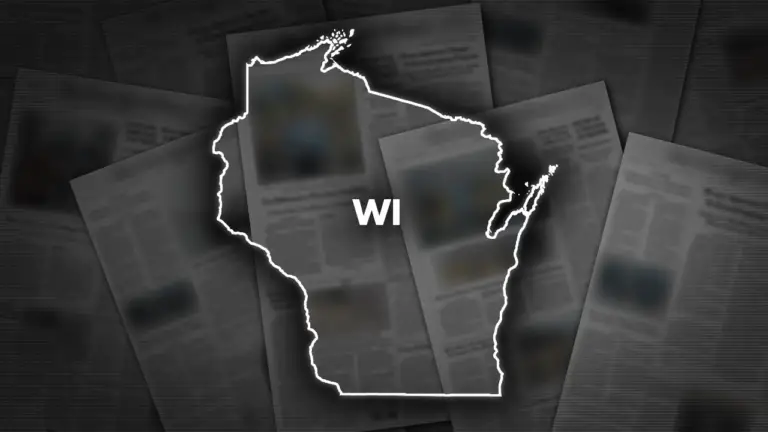Wisconsin Supreme Court Shortens Eviction Record-Keeping
In a significant decision on Monday, the Wisconsin Supreme Court voted to reduce the duration of record-keeping regarding a resident’s eviction history. Previously, these records were maintained for a daunting two decades, but the new ruling has shortened this period to a more manageable two years.
Tenant Rights Advocates Champion Change
This move was initiated in response to the advocacy of tenant rights groups, who argued that prolonged record-keeping posed a disadvantage to low-income residents searching for housing. Their contention was that having extensive eviction records on public display made it harder for people with limited means to secure suitable accommodation.
Court Votes in Favor of Shortening Records
The court’s decision saw a 4-3 vote, with the liberal justices supporting the change and conservative justices opposing it. The alteration specifically applies to records on the state court website, commonly referred to as CCAP.
A Shift for a Fairer Housing Landscape
The change primarily targets cases where there’s no monetary judgment against a tenant. Advocates asserted that this amendment would be beneficial for renters with eviction histories, as many landlords heavily rely on the state court website when deciding whether to rent to someone.
Justice Hagedorn Dissents
However, not all members of the court agreed. Justice Brian Hagedorn dissented, raising concerns about restricting public access to these records. He also suggested that this decision might create additional administrative challenges for court officials. Justice Hagedorn proposed alternative solutions to address the concerns voiced by tenant advocates.
Impact on Landlords and Renters
This decision, supported by tenant rights advocates, will reduce eviction record-keeping from two decades to two years. Yet, numerous landlord groups, including the Wisconsin Realtors Association, opposed this change. They argued that altering the rule might lead landlords to demand higher rental deposits as a safeguard, potentially affecting all renters negatively.
Numbers and a Shift in Procedure
Notably, in Wisconsin last year, there were 25,819 eviction filings, resulting in 1,621 judgments for eviction, according to Wisconsin’s Department of Administration. The court’s vote to make this change occurred during an open conference, a practice not seen since 2012. The court’s new liberal majority reinstated open meetings, a reversal of the previous conservative majority’s closed meeting policy from 2012.
In Conclusion
This decision marks a significant shift in housing regulations in Wisconsin, aimed at creating a fairer housing landscape for residents with eviction histories. While it has the backing of tenant rights advocates, it has faced opposition from landlord groups concerned about potential repercussions on rental deposits. The court’s verdict is expected to have a notable impact on housing practices in the state.

